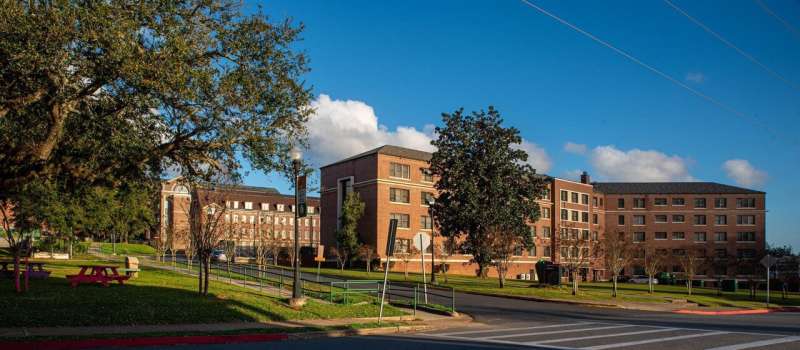This article has been reviewed according to Science X's editorial process and policies. Editors have highlighted the following attributes while ensuring the content's credibility:
fact-checked
peer-reviewed publication
trusted source
proofread
New study examines mental-health outcomes for Black students attending Historically Black Colleges and Universities

While the outcomes of institutional racism in our education system have been well documented—Black and American Indian students are half as likely to graduate from college within four years compared to white and Asian students—few people realize how structural racism within educational institutions affects mental health outcomes for students.
A new study from the University of Minnesota School of Public Health (SPH), published in the American Journal of Epidemiology, fills this gap, exploring the long-term mental health effects for Black students attending Historically Black Colleges and Universities (HBCUs) compared with Black students attending predominantly white institutions (PWIs) of higher education.
The study traced the experiences of Black students beginning in secondary school through their college years, and several years post-college, testing the theory that Black students at HBCUs would be less exposed to structural racism than Black students who attended PWIs.
Tracking the experience of almost 500 Black participants seven and 14 years after college, the study found:
- For Black students who reported higher depressive symptoms in their teens, those who attended HBCUs reported fewer depressive symptoms seven years post-college compared to those who attended PWIs.
- For those students who attended high school in regions outside of the South (in the North, West Coast and East Coast), HBCU attendance protected against depressive symptoms seven years after college.
"HBCUs are an essential part of higher education, but there has been little research examining how attending an HBCU versus a PWI is associated with mental health for Black students," saidNaomi Thyden, a postdoctoral fellow in SPH and an author of the study. "This research provides evidence that the HBCU environment can have a positive impact on long-term mental health outcomes for Black students."
The researchers recommend equitable state and federal funding for HBCUs, and also suggests that PWIs incorporate aspects of HBCUs, such as increased Black faculty mentors, more affinity spaces for Black students and a curriculum that decenters the dominant, white experience.
More information: Naomi Harada Thyden et al, Estimating the Long-Term Causal Effects of Attending Historically Black Colleges or Universities on Depressive Symptoms, American Journal of Epidemiology (2022). DOI: 10.1093/aje/kwac199
Journal information: American Journal of Epidemiology
Provided by University of Minnesota




















